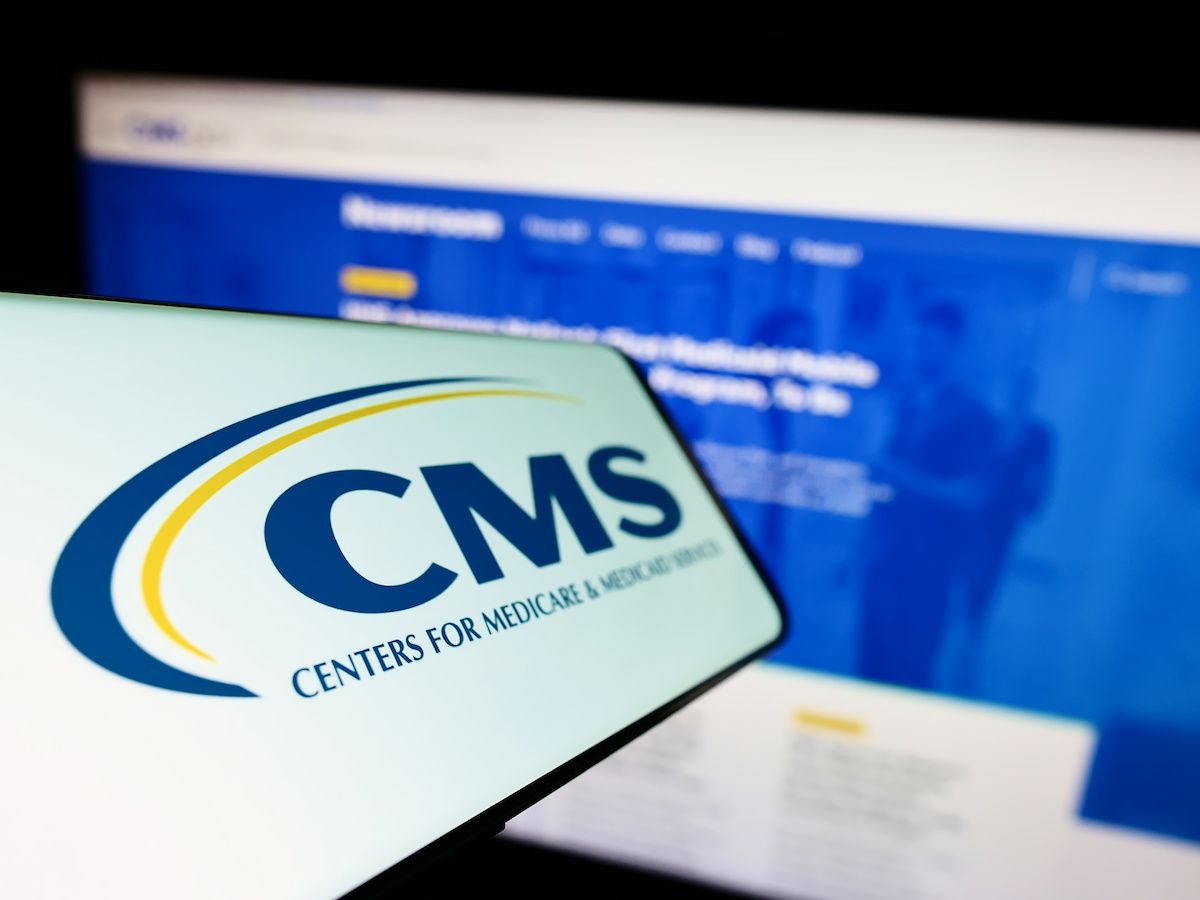Article
Take claims of chest pain serious, doctors say
"Chest pain" is a broad symptom, but every patient who claims this ailment should be examined for coronary artery disease using their pain characteristics and their risk factor profile, said Daniel S. Clark, MD, Assistant Clinical Professor of Family Medicine at the University of California, Los Angeles, School of Medicine, and Robert J. Dachs, MD, of St. Clare's Family Medicine Residency, Albany Medical College, Schenectady, NY.
"Chest pain" is a broad symptom, but every patient who claims this ailment should be examined for coronary artery disease using their pain characteristics and their risk factor profile, said Daniel S. Clark, MD, Assistant Clinical Professor of Family Medicine at the University of California, Los Angeles, School of Medicine, and Robert J. Dachs, MD, of St. Clare's Family Medicine Residency, Albany Medical College, Schenectady, NY.
Patients who are at intermediate or high risk should be tested further, by treadmill if possible. Too often physicians miss MIs.
Drs Clark and Dachs urged their colleagues to mind these rules:
- Recognize abnormal presentations of acute MI
- Make disposition decisions based on a patient's psychiatric history or their level of anxiety and appearance.
- Use the GI cocktail to delineate a GI from a cardiac source of chest pain.
- Watch out for "costochondritis."
- Use cardiac biomarkers to rule out acute MI in the emergency department (ED).
- Understand troponin assays and their values.
- Remember that patients with renal failure have falsely elevated troponins.
- Don't make a disposition decision based on one set of cardiac biomarkers.
- Don't forget about other life-threatening conditions that can cause chest pain.
- Don't assume patients that present who to the ED with chest pain are similar to those that present to the office.
Among the many treatment options they explained, Drs Clark and Dachs urged the use of aspirin, especially to patients taking warfarin or clopidogrel.





